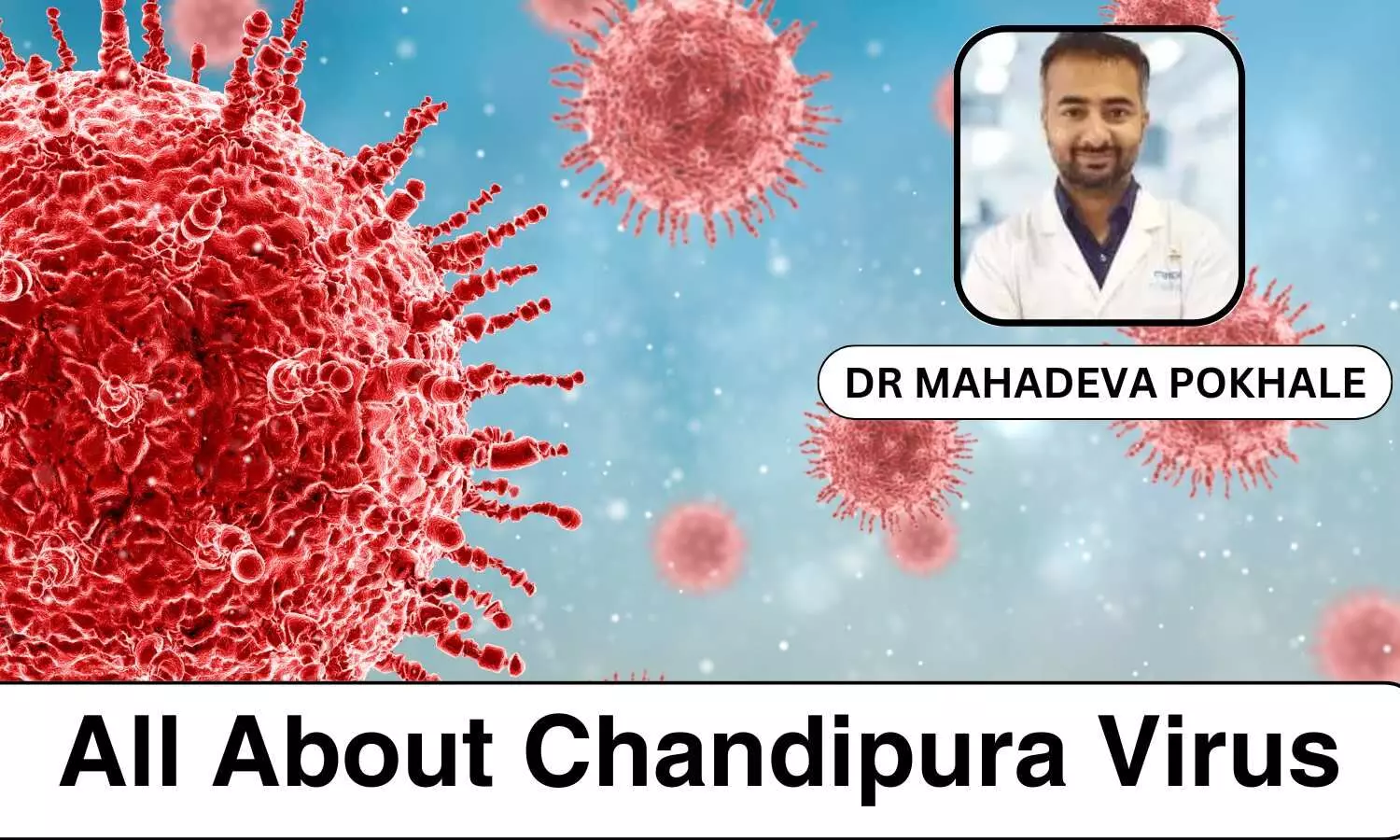Understanding Chandipura Virus that took lives of 8 Children In Gujarat - Dr Mahadeva Pokhale

Two more children died, mainly from north Gujarat, on Tuesday. Suspected Chandipura virus [CHPV] is the cause. Health Minister Rushikesh Patel said the total number of faculties recorded so far is eight.
The Chandipura virus (CHPV) is an arbovirus that falls under the Rhabdoviridae family, which is also home to the rabies virus. Therefore, it affects the brain which may rapidly progress to altered sensorium, seizures, photophobia, encephalitis- inflammation of the active tissues of the brain, and coma. And it may spread to other parts.
So it is vital to know what the virus is about, its symptoms, how it is transmitted, and how the same can be prevented to manage its control as well as alleviate its effects.
CHPV was detected for the first time in Chandipura village in Maharashtra state of India in 1965, this virus poses serious public health challenges characterized by sudden onset and high fatality among children.
It is transmitted by Several species of sandflies - like Phlebotomine sandflies and Phlebotomus papatasi, and some mosquito species - such as Aedes aegypti (which also causes the spread of dengue). Similar to rabies.
The virus resides in the salivary gland of these insects and can be transmitted to humans or other vertebrates like domestic animals through bites. The virus can then invade the central nervous system, rapidly making the patients' condition worse.
Once infected, the individuals present initially with flu-like symptoms such as acute onset of fever, body ache, and headache. In some cases, respiratory distress, bleeding tendencies, or anaemia. After it, infection progresses rapidly after encephalitis, which may then lead to mortality within 24-48 hours of hospitalization.
There isn't a particular antiretroviral medication or vaccination on the market right now. As a result, it becomes crucial to manage brain inflammation to prevent mortality by rapid and early symptomatic management.
Diagnosis of CHPV is usually done clinically by signs, symptoms, and neurological manifestation. Laboratory tests are what lead to confirmation. For the detection of viral RNA in blood samples or cerebrospinal fluid samples, RT-PCR is usually used.
As mentioned earlier, there is no particular drug for treating the Chandipura virus. Management is geared towards minimizing symptoms through supportive care and avoidance of complications. Fever management, and proper hydration in stable cases. In encephalitis, patients need immediate hospitalization and intensive care.
As precaution is better than cure. It is important to take measures which can make sure that one does not get sick from the Chandipura virus, especially if this disease exists only in one place. Prevention can be done by vector control, protective clothing, insect repellent, and bed nets.


